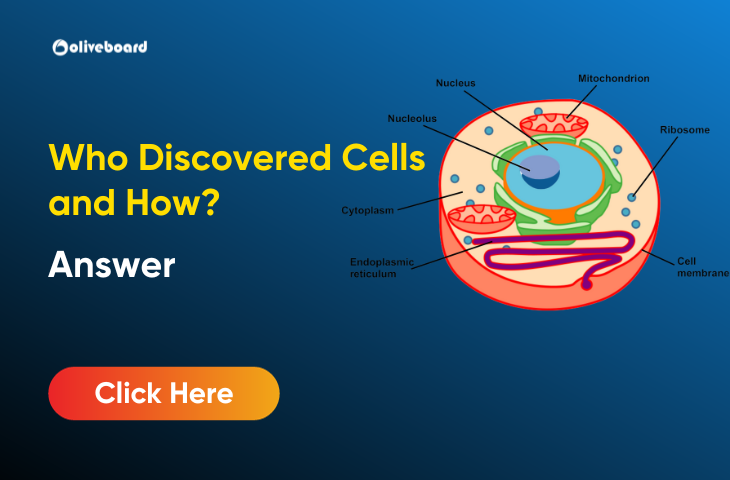The exploration of the microscopic world and the subsequent discovery of cells represent a watershed moment in the history of biology. The journey of understanding cells involves the contributions of several scientists over time, with Robert Hooke and Anton van Leeuwenhoek playing pivotal roles.
Cell Discovery Timeline:
Robert Hooke (1665):
Armed with a rudimentary microscope, Hooke examined a thin slice of cork and observed a multitude of tiny, box-like structures.
In his seminal work “Micrographia,” published in 1665, Hooke not only described but also illustrated these compartments, coining the term “cell” to denote these fundamental units.
Anton van Leeuwenhoek (1674):
Building upon Hooke’s work, Leeuwenhoek significantly improved the design of microscopes, achieving unprecedented magnification.
In 1674, Leeuwenhoek directed his lenses towards diverse samples, discovering living cells in pond water, blood, and sperm.
He referred to these microscopic life forms as “animalcules,” marking a critical advancement in our understanding of the invisible world.
Frequently Asked Questions (FAQs):
The term “cell” was coined by Robert Hooke after he observed small compartments in cork under a microscope in 1665.
Anton van Leeuwenhoek made significant strides in microscopy, discovering living cells in various samples such as pond water, blood, and sperm in 1674.
Robert Hooke used a basic microscope to examine cork cells in 1665, and his detailed observations and illustrations laid the foundation for the understanding of cells.
Leeuwenhoek referred to the microorganisms he observed as “animalcules,” reflecting the fascinating diversity of life at the microscopic level.
The discovery of cells is significant in biology as it fundamentally changed our understanding of living organisms, providing insights into their structure and paving the way for further advancements in the field.

Hello there! I’m a dedicated Government Job aspirant turned passionate writer & content marketer. My blogs are a one-stop destination for accurate and comprehensive information on exams like Regulatory Bodies, Banking, SSC, State PSCs, and more. I’m on a mission to provide you with all the details you need, conveniently in one place. When I’m not writing and marketing, you’ll find me happily experimenting in the kitchen, cooking up delightful treats. Join me on this journey of knowledge and flavors!
